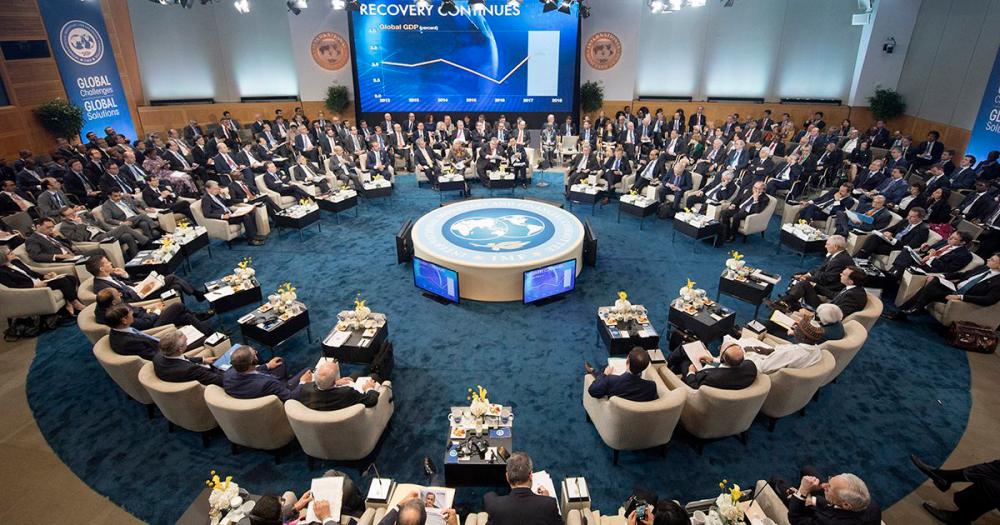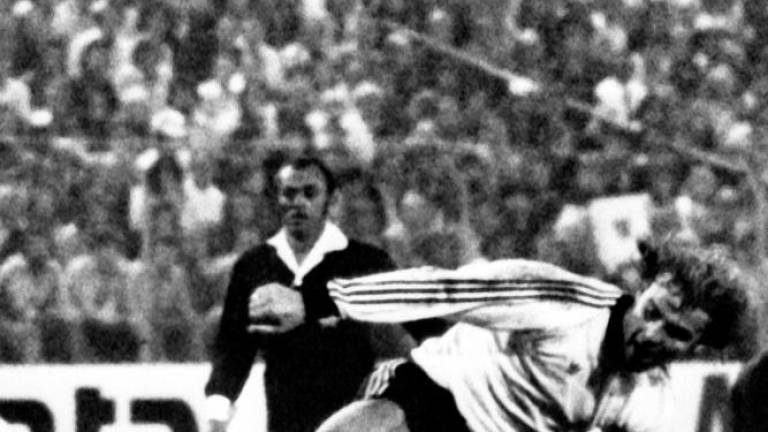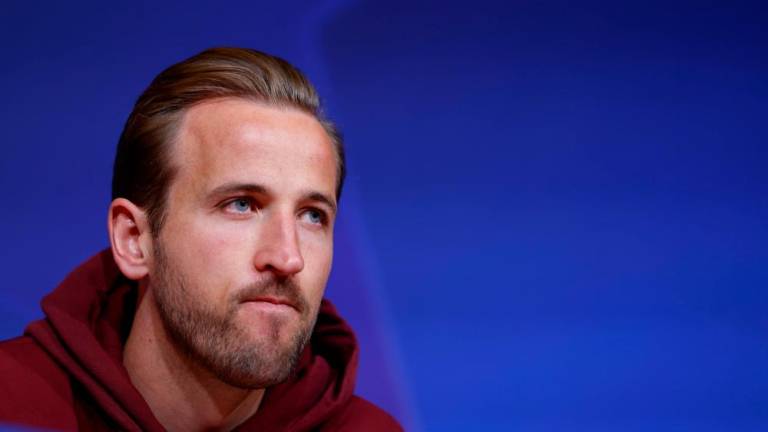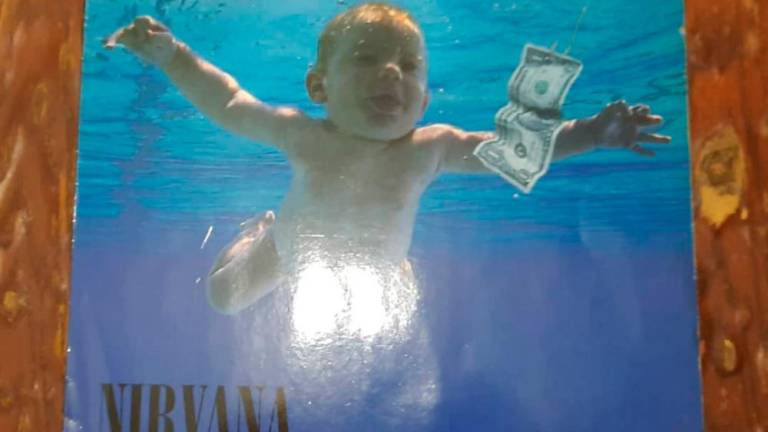PARIS: French President Emmanuel Macron will on Tuesday host a virtual summit of European and African leaders to seek solutions to the financial crisis in Africa, where governments hope to boost development while managing massive debts.
The “summit on financing African economies”, bringing together 30 heads of state and government via videoconference, was planned last year after the International Monetary Fund calculated that African economies risk running into a total “financial gap” of $290 billion (RM 1.1 trillion) by 2023.
Economic growth on the continent, which experienced its first recession last year, is expected to rebound to 3.4% this year and 4.0% in 2022.
A moratorium on debt servicing, put in place in April 2020 by the G20 and Paris Club group of creditor nations, has given Africa a bit of breathing space, suspending the repayment of 5.7 billion euros (RM 28.5 billion) by 50 countries.
The G20 also convinced China, by far the biggest bilateral lender on the continent, and private creditors to take part in future debt negotiations.
But this won’t be enough.
“We are collectively in the process of abandoning Africa to solutions that date from the ‘60s”, Macron said last month, calling for a bold “New Deal” for Africa.
- Covid exacerbates problems -
The French leader warned of the risks of failing to act, including reduced economic opportunities, increased migration and “the expansion of terrorism”.
The Covid-19 pandemic has exacerbated the problems on the continent.
Although Africa has so far counted 130,000 deaths from coronavirus — behind most world regions — eighteen African leaders in mid-April warned that “only a total victory, including the whole of Africa, will bring this pandemic to an end”.
Many have warned that developed nations are busily vaccinating their own nationals and leaving poorer countries behind.
The African leaders called for an “immediate moratorium” on the servicing of all external debts until the end of the pandemic, and the ring-fencing of development aid.
They also urged the IMF to issue African nations special drawing rights (SDRs) convertible to global currencies like the dollar, euro or yen, to provide them with “the liquidity essential for the purchase of basic products and essential medical equipment”.
Macron has also suggested that the International Monetary Fund sell gold to fund interest-free loans to African countries.
The conditions proposed by the IMF in exchange for its support are still under discussion.
- Penalising the poorest -
On Monday, Ivory Coast President Alassane Ouattara asked the IMF to grant African states hoping to benefit from its financing more leeway in their public deficits.
Given a wider margin, African economies “could better tackle the pandemic” and finance the fight against terrorism, he argued, citing the examples of his own country which is battling Islamic insurgents near its borders with Burkina Faso and Mali.
Oxfam has called on the IMF and the World Bank to end “unfair or regressive fiscal conditionalities in the context of their loans and programmes”.
According to the British aid charity, Nigeria was told to increase its VAT levels, thus penalising the poorest households.
Private investment must also be encouraged to finance development on a continent which hopes to break free of dependence on aid and the demands of international creditors.
Modern development involves ‘a demanding dialogue with private investors,“ not just handouts, West African Development Bank head Serge Ekue told AFP. — AFP















